Libraries and frameworks have become integral tools for modern software development, enabling programmers to save time and effort while focusing on more significant tasks instead of reinventing the wheel. However, is it always wise to employ these pre-built components for everything? In this post, we will delve into the potential drawbacks of over-reliance on such tools and provide guidance on when it is appropriate to use them.
By the end of this post, you will have a clearer understanding of when to use libraries and frameworks in your development projects to maximize efficiency and effectiveness.
What are Libraries and Frameworks?
A library is a collection of reusable code that provides functionality to a software application. Developers can use libraries to avoid writing code from scratch, saving time and effort. Examples – ReactJs, NumPy, jQuery.
A framework, on the other hand, is a collection of libraries, tools, and guidelines that provide a complete structure for developing software applications. Frameworks typically provide a set of rules and best practices to follow, making it easier for developers to build complex applications. Examples – Ruby, Django, Laravel, etc.
Both libraries and frameworks are designed to help developers avoid reinventing the wheel and focus on higher-level tasks. However, it’s important to use them judiciously and understand their potential impact on software quality, maintainability, and performance.
The benefits of using libraries and frameworks
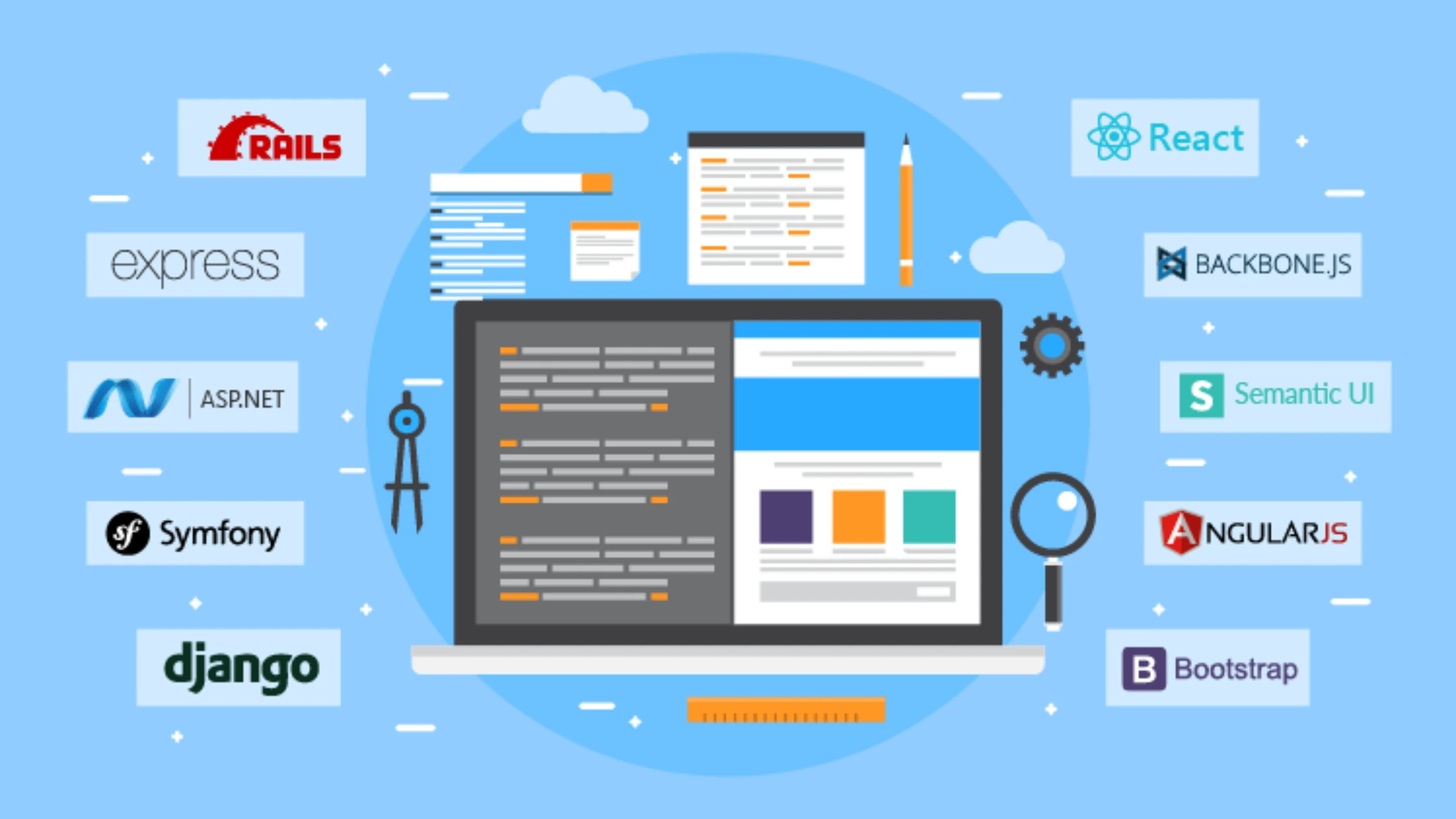
Before diving into the downsides, it’s essential to acknowledge the benefits of using libraries and frameworks.
- Faster development: By using pre-built components, developers can save time and effort and focus on higher-level tasks, allowing them to build software applications more quickly.
- Consistency and best practices: Frameworks often provide a set of guidelines and best practices to follow, ensuring that developers adhere to established standards and maintain consistency throughout the codebase.
- Reusability: Libraries can be reused in different projects, allowing developers to avoid writing the same code multiple times. This can save significant time and effort in the long run.
- Improved quality: Libraries and frameworks are often developed and maintained by large communities of developers, meaning that bugs and issues can be identified and resolved more quickly than if developers were building everything from scratch.
- Scalability: Many libraries and frameworks are designed with scalability in mind, making it easier to build software applications that can handle growing user bases and increased usage over time.
These benefits are often what draws people to use libraries and frameworks for everything. Why spend time reinventing the wheel when a pre-built solution is available? However, it’s important to recognize that these benefits come with trade-offs.
Insightful Read: Pros and Cons of Web Development Frameworks
The downsides of using libraries and frameworks for everything
Here are some points outlining the potential downsides of using libraries and frameworks for everything:
- Over-reliance: on libraries and frameworks can lead to a lack of understanding of the underlying code and principles. This can result in a lack of flexibility and difficulty in customizing the code to specific project requirements.
- Potential Security Risks: Libraries and frameworks are often developed by third-party vendors or communities, which means that there may be potential security risks or compatibility issues with other components used in the project.
- Increased Complexity: Using too many libraries and frameworks can increase the complexity of the codebase, making it harder to maintain and debug over time.
- Slow performance: It is debatable, but in some cases, using libraries and frameworks can result in slower performance compared to custom-built solutions that are optimized for specific use cases.
- Frequent Advancements: Libraries and frameworks can become outdated over time, which can lead to compatibility issues and the need to rewrite significant portions of code to keep up with new technology advancements.
Overall, while libraries and frameworks can be incredibly useful tools for software development, it’s essential to use them judiciously and understand their potential downsides to ensure that the codebase remains maintainable, scalable, and performant over time.
Quick Read: Frameworks and libraries are not the problem, people are
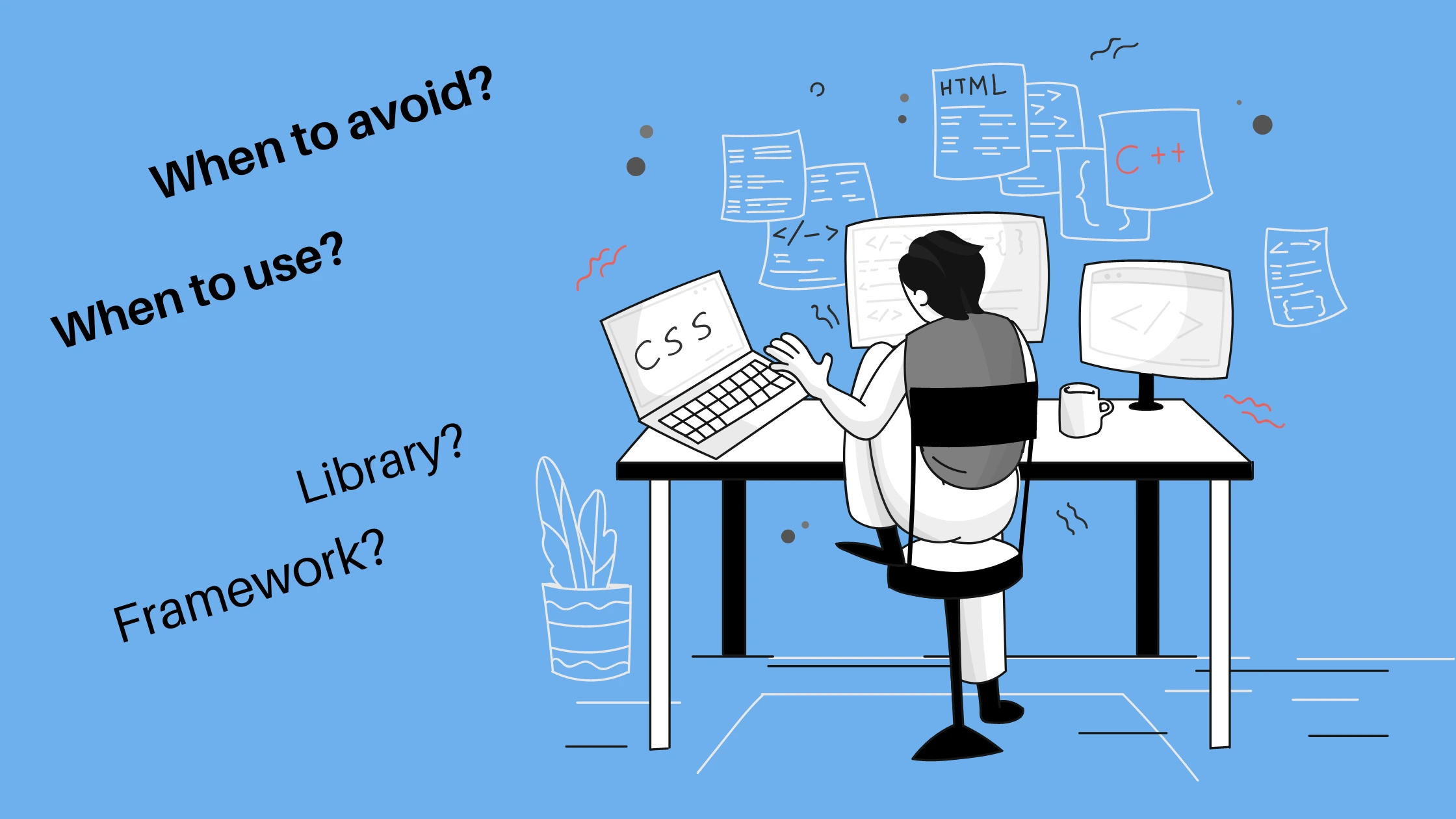
When to use libraries and frameworks
While libraries and frameworks have their downsides, they still have their place in development. When used appropriately, they can provide significant benefits. So, when is it appropriate to use libraries and frameworks?
One key factor to consider is whether the library or framework solves a specific problem you’re facing. If you’re building a web application, for example, a popular web framework may be an excellent choice. However, if you’re building a highly customized application that requires specific functionality, building a custom solution may be a better choice.
Read here: Library vs Framework – Full comparison
It’s also important to consider whether the library or framework is well-maintained and has a strong community. If a library or framework is no longer actively maintained or has few contributors, it may not be a wise choice. On the other hand, a popular library or framework with a robust community can provide additional benefits, such as helpful documentation, community support, and regular updates.
Finally, it’s important to consider whether the library or framework aligns with your team’s goals and values. If you value flexibility and customization, for example, a highly opinionated framework may not be a good fit.
Alternatives to using libraries and frameworks
If you decide that relying too heavily on libraries and frameworks is problematic, what alternatives are available? Here are a few suggestions:
- Build custom solutions that align with your team’s needs and priorities. While building custom solutions may take more time and effort, it can provide greater flexibility and customization.
- Use simple, lightweight tools instead of complex libraries. For example, instead of using a full-featured web framework, you could use a simple web server library to handle HTTP requests and build the rest of the application logic yourself.
- Focus on learning and mastering the underlying technologies rather than relying on abstractions. While libraries and frameworks can make development easier, it’s still important to have a solid understanding of the underlying technologies, such as programming languages and databases.
- Use a combination of pre-built components and custom solutions. There’s no rule that says you have to rely exclusively on libraries and frameworks or build everything from scratch. A hybrid approach can provide the best of both worlds, allowing you to take advantage of pre-built solutions where appropriate while still retaining the flexibility to customize as needed.
Conclusion
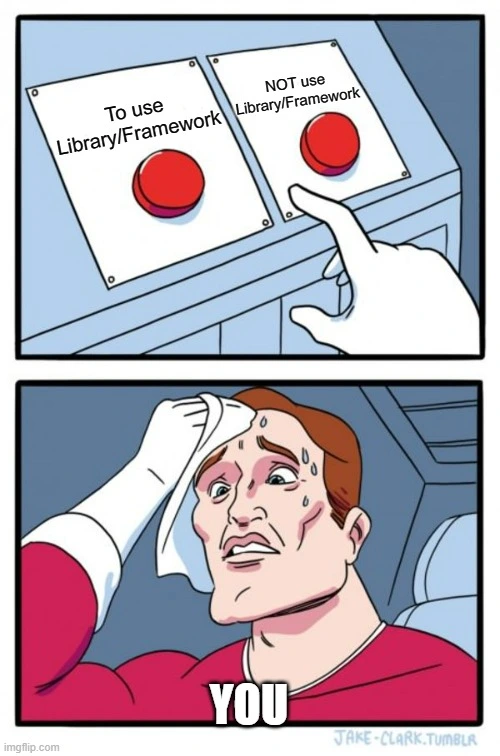
In conclusion, while libraries and frameworks can provide significant benefits, it’s essential to use them appropriately.
When deciding whether to use a library or framework, consider whether it solves a specific problem, is well-maintained with a strong community, and aligns with your team’s goals and values. If you decide that relying too heavily on libraries and frameworks is problematic, consider alternatives such as building custom solutions, using simple tools, focusing on mastering underlying technologies, or using a combination of pre-built components and custom solutions.
By thinking critically about your use of libraries and frameworks, you can ensure that you’re using them in a way that maximizes their benefits while minimizing their downsides.




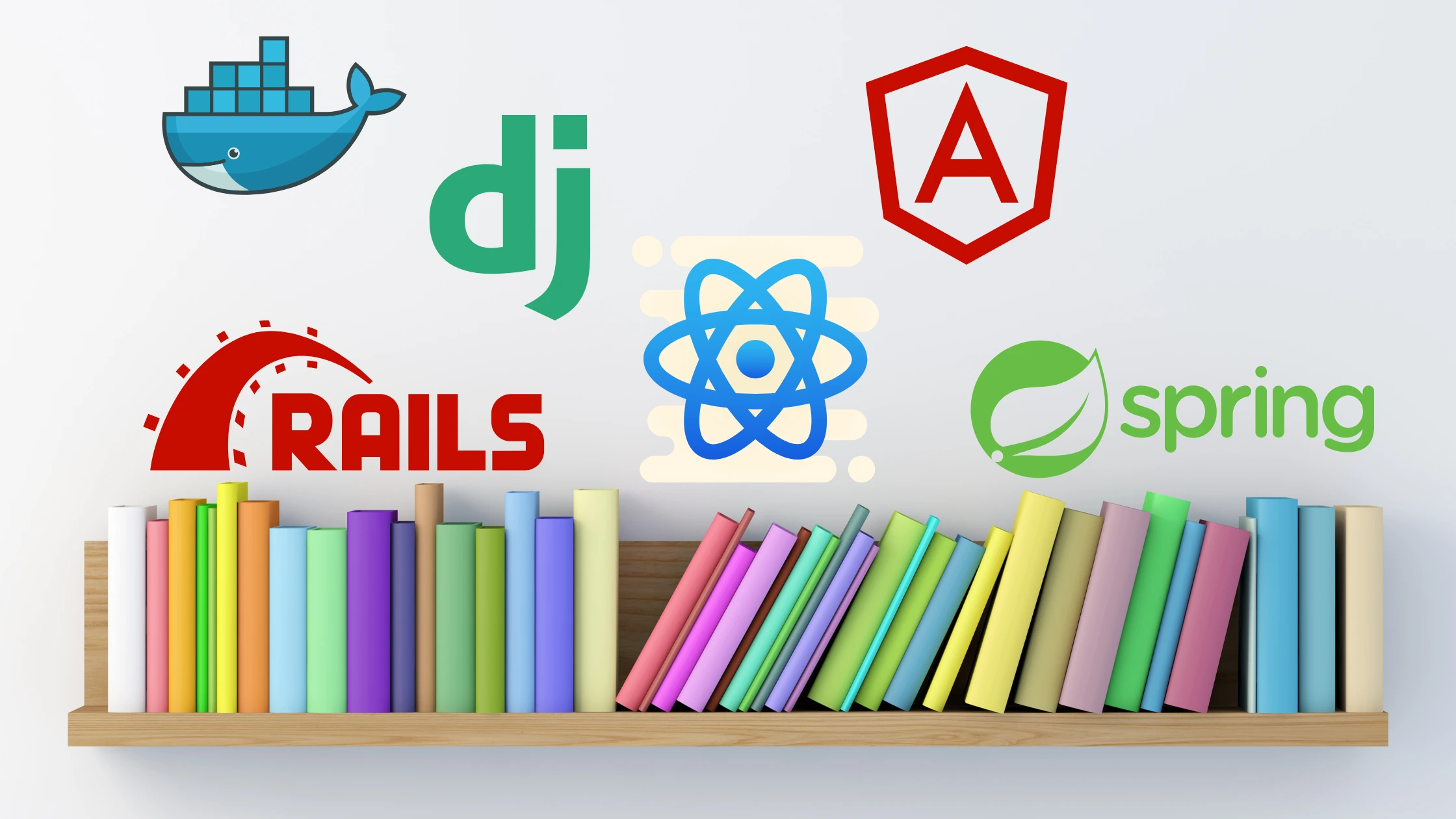





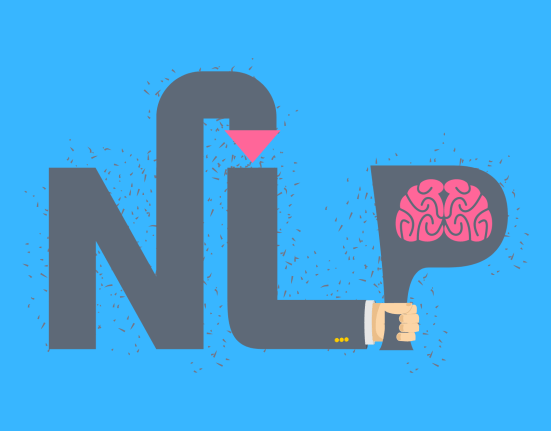
Leave feedback about this